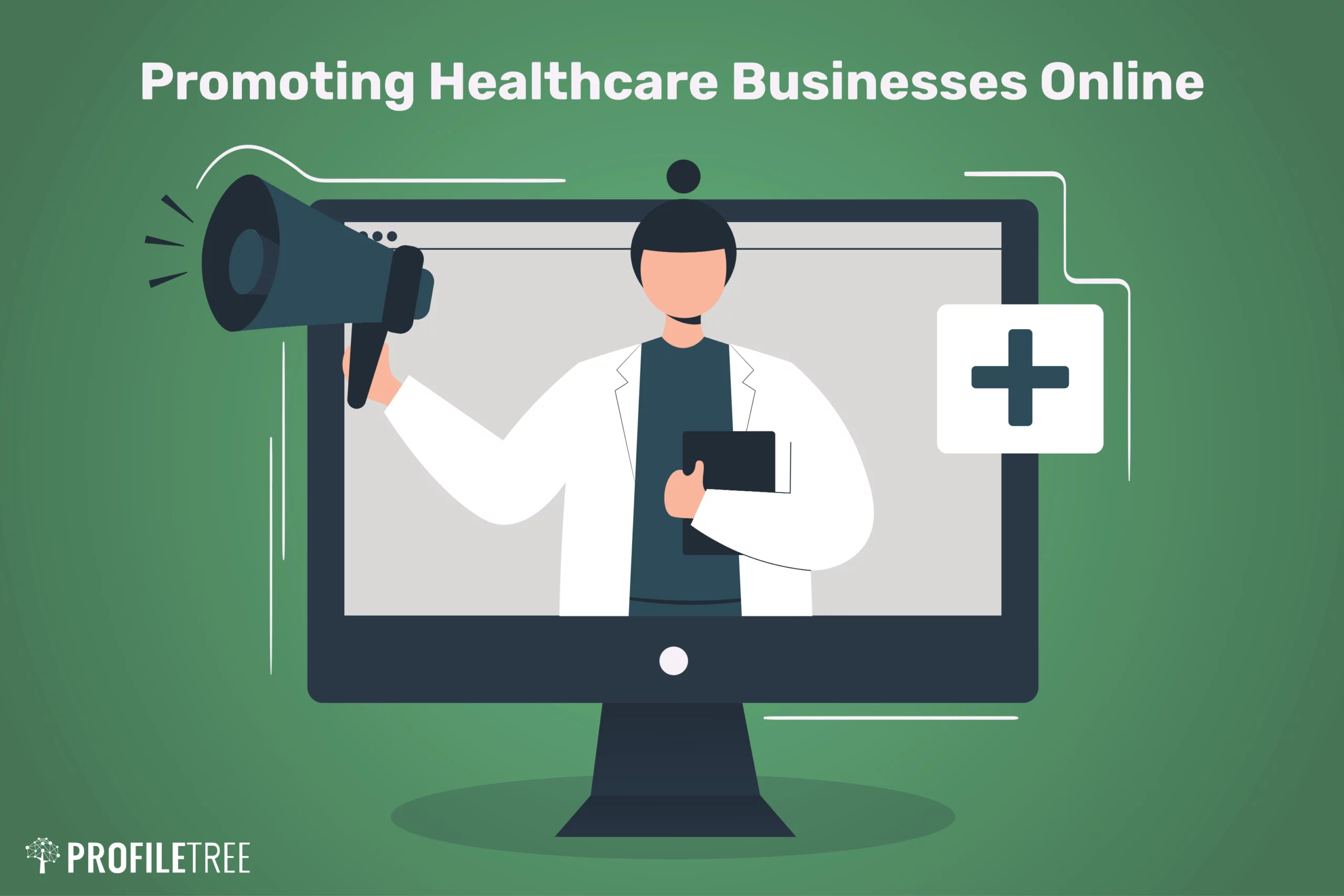Recognizing the Price Savings of Subscription Based Healthcare for Families
Recognizing the Price Savings of Subscription Based Healthcare for Families
Blog Article
The Rise of Subscription-Based Healthcare and Its Influence On Person Care
As health care evolves, the subscription-based design is acquiring grip, assuring to revolutionize patient care by using predictability and accessibility. The potential for these designs to improve healthcare shipment increases pressing inquiries about their lasting sustainability and inclusivity. Are these subscription services the future of healthcare, or do they take the chance of leaving at risk populations behind?
Comprehending Registration Healthcare Models
Realizing the principle of registration medical care versions entails examining a transformative approach to medical services that emphasizes cost and availability. These models, usually referred to as direct health care (DPC) or attendant medicine, have actually arised as cutting-edge options to traditional fee-for-service health care systems. Membership healthcare enables clients to pay a set month-to-month or annual fee for a defined collection of medical solutions, which might include endless office sees, regular exams, and fundamental lab examinations, without the need for standard insurance policy payment.
The structure of membership medical care models is developed to improve client treatment by eliminating third-party payers and complex invoicing codes, thus reducing management concerns. Health care companies can focus much more on patient care, cultivating more powerful patient-provider connections. This design additionally advertises preventative treatment by motivating regular brows through, as the monetary obstacle of per-visit fees is gotten rid of.
The subscription model frequently equips doctor to handle smaller sized person panels, enabling even more customized treatment. It straightens monetary motivations with patient health end results, as providers are encouraged to maintain person fulfillment and health. On the whole, comprehending membership health care models needs acknowledging their possible to reshape just how treatment is supplied and accessed.
Benefits for Individuals and Companies

For companies, subscription-based designs use the possibility to deepen patient-provider relationships. With a steady profits stream, healthcare professionals can commit even more time to each individual, bring about a more customized and detailed treatment experience. This version also minimizes dependence over patient volumes, easing fatigue and boosting job fulfillment. Additionally, the emphasis on preventative care within membership strategies can lead to far better person end results and reduced lasting healthcare expenses. By concentrating on continuous treatment, carriers can deal with concerns prior to they intensify, inevitably benefiting the medical care system as an entire by minimizing the burden on emergency situation and intense care services.
Problems and challenges
While subscription-based medical care designs present countless benefits, they also feature a collection of difficulties and issues that need to be resolved. Availability remains a significant concern, as these versions frequently target individuals that can manage month-to-month charges, potentially leaving out low-income populations. This raises honest questions regarding fair access to health care solutions. Furthermore, the different nature of subscription plans can result in complication among patients relating to insurance coverage specifics, potentially resulting in unmet assumptions or inadequate care.
Financial sustainability of subscription-based models is another worry. Companies have to balance the set revenue from registrations with the variable expenses of health care solutions, which may rise and fall as a result of unanticipated clinical demands. This can produce stress to limit solutions or boost fees, potentially influencing person fulfillment and care quality.
Moreover, regulatory oversight of subscription-based medical care versions is still developing. Attending to these challenges is critical for the fair and successful execution of subscription-based healthcare.
Influence On Patient-Doctor Relationships
One substantial impact of subscription-based medical care versions on patient-doctor partnerships is the potential for boosted continuity and customized care. By adopting a subscription version, physicians can manage a smaller individual panel, enabling for more devoted time with each individual. This boosted availability cultivates a deeper understanding of a client's medical history, lifestyle, and choices, allowing more tailored treatment plans and treatments.

Nonetheless, it is essential to recognize that while subscription-based designs might profit those who can afford them, they might accidentally widen medical care disparities. People that are unable to take part in these models may experience decreased access to individualized care, possibly affecting their relationships with healthcare providers. Hence, while the subscription model provides encouraging advantages for patient-doctor connections, it likewise positions obstacles that need to be dealt with to ensure equitable healthcare access.
Future of Healthcare Access

The role of modern technology can not be ignored in this improvement. Telemedicine platforms and digital health records help you could try this out with seamless communication in between clients and healthcare service providers, breaking down logistical and geographical obstacles. In addition, improvements in fabricated intelligence and information analytics can further customize treatment by forecasting client demands and enhancing treatment strategies.
Nonetheless, the future of medical care accessibility additionally presents difficulties, such as guaranteeing equity throughout different socio-economic groups. Policymakers and doctor need to work together to bridge the digital divide, guaranteeing that subscription-based designs stay budget friendly and comprehensive. As these systems mature, they hold the assurance of making health care extra obtainable, reliable, and patient-centric.
Verdict
Subscription-based health care designs are reshaping patient treatment by giving a secure expense structure and boosting availability. see here The rise of subscription-based healthcare motivates aggressive individual involvement, which has the prospective to improve person end results and contentment, signaling a transformative change in healthcare shipment.
As medical care advances, the subscription-based design is getting grip, guaranteeing to reinvent client treatment by offering predictability and ease of access.Subscription-based health care versions provide distinct benefits for both service providers and clients, enhancing the overall medical care experience.As medical care systems develop, the future of health care access often hinges on the assimilation of cutting-edge versions and technologies.Subscription-based healthcare models are reshaping person treatment by giving a steady expense framework and boosting access. The surge of subscription-based health care urges aggressive client interaction, which has the prospective to enhance client outcomes and satisfaction, signifying a transformative shift in medical care shipment.
Report this page